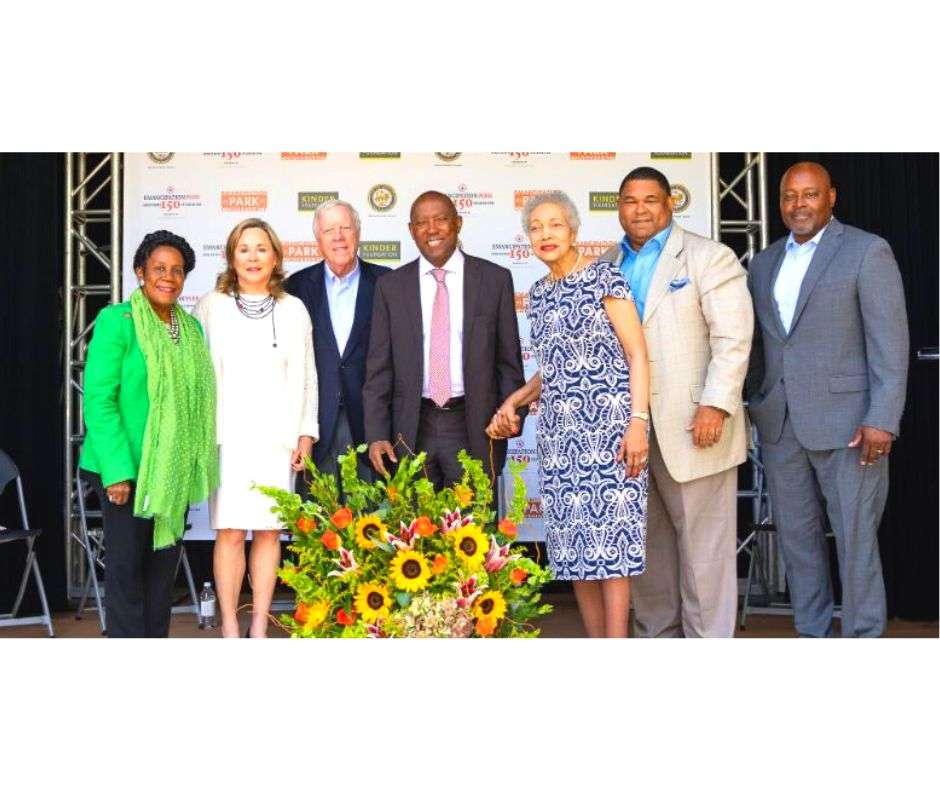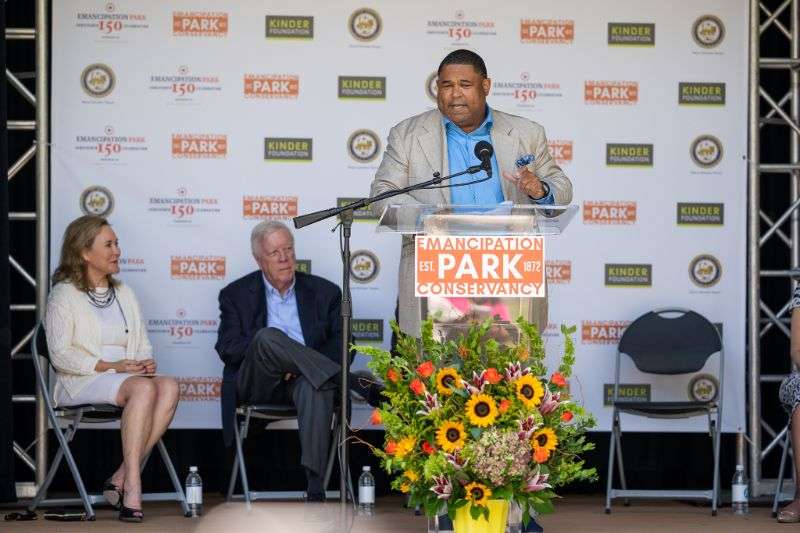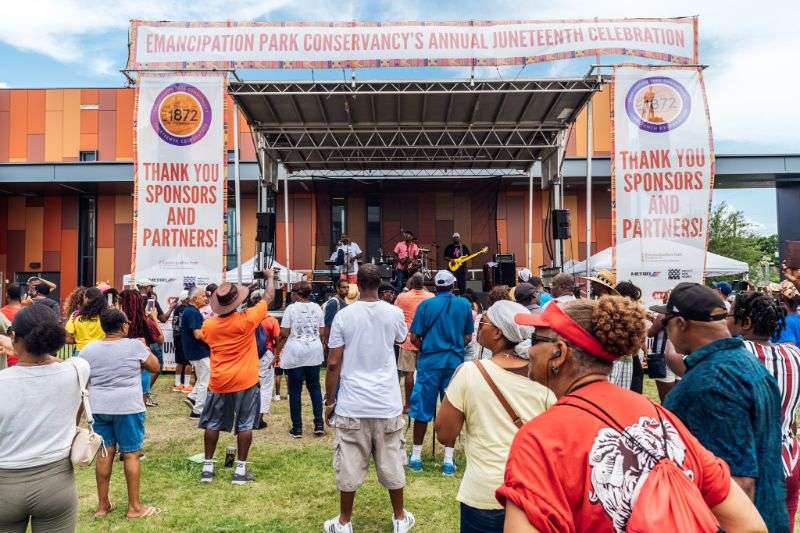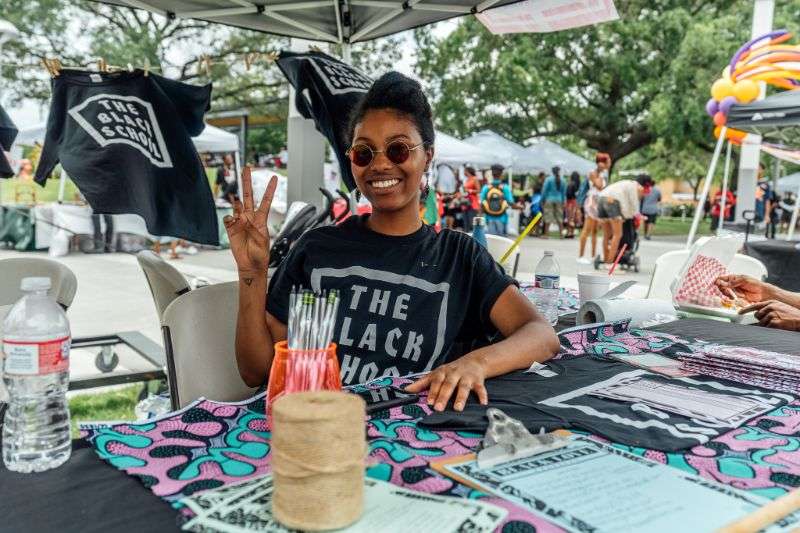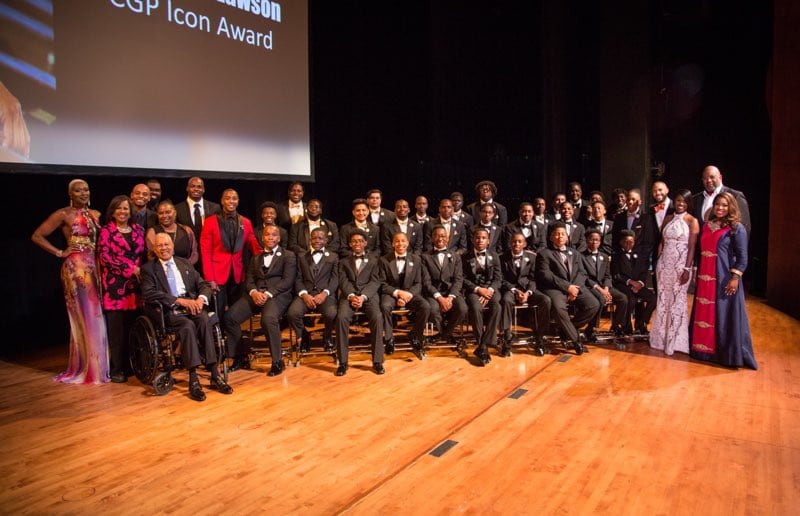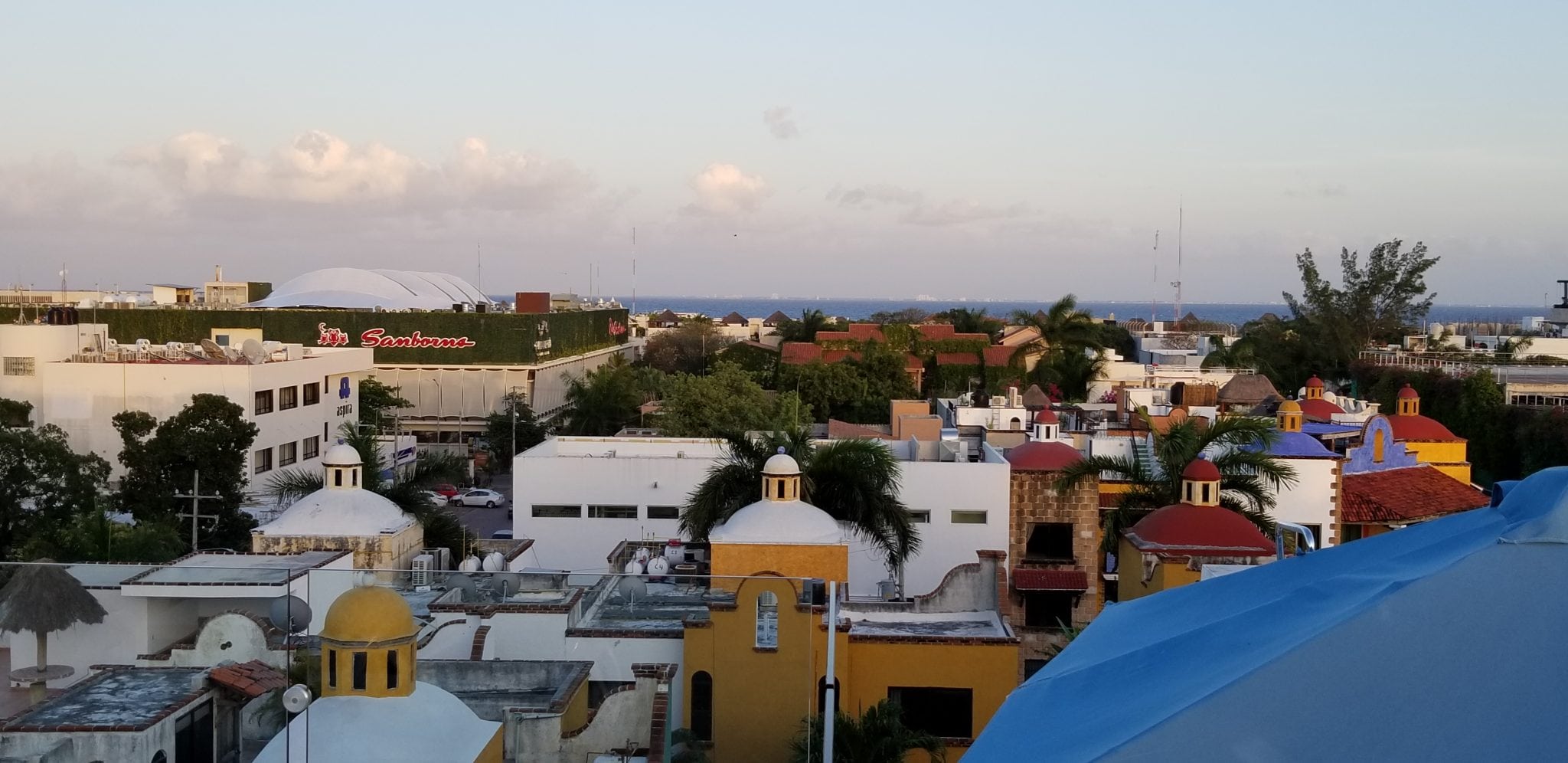With the help of several women and community leaders, Emancipation Park was founded in 1872 by four formerly enslaved men: Reverend Jack Yates, Richard Allen, Richard Brock, and Reverend Elias Dibble. These men, along with members of the Third and Fourth Ward communities, gathered about $800 to purchase ten acres of land as a place to commemorate the anniversary of their emancipation on June 19, 1865. This date is now known as Juneteenth, and the celebration still takes place in the park annually today. The purchase represented not only their freedom, but property ownership, unity, and cooperative economics amongst African Americans. Decades later in October 2013, Emancipation park broke ground on a $33.5 million renovation. The project was completed four years later in June 2017, and the dedication took place in conjunction with Emancipation Park’s 145th Annual Juneteenth Celebration.
Emancipation Park’s 150th anniversary was recently celebrated this month during Juneteenth. Today, Emancipation Park Conservancy still strives to preserve Emancipation Park’s cultural integrity and enrich its heritage as a local, state, national and international landmark through world-class park management, culturally relevant, invigorating, and enriching programs/events, and improving the quality of open space for the enjoyment of all.
Q&A With Ramon Manning, board chairman of Emancipation Park Conservancy
Talk about the importance of Emancipation Park, as its name and specific placement in the community are important to keep the history of the Emancipation Proclamation alive. Emancipation Park symbolizes freedom. The park was established through a community effort to create a safe space for African Americans when no such space existed. While Juneteenth was the reason the park was founded, it was also intended to meet the needs of a newly emancipated population and build a community. Through Emancipation Park’s educational and community programming, we continue to serve the mission originally intended by the founders — serving the community. We do this through our four core pillars of education, economic empowerment, health and wellness, and the arts. Through these pillars, we strive to educate and improve the overall health of our communities. Emancipation Park is not just about recreation, it is also about re-creation.
Emancipation Park was founded when four formerly enslaved African Americans and their communities came together to purchase ten acres of land in what is now Houston’s Third Ward. How should this encourage us to come together as a community, putting our resources together to build our communities? When you reference the community spirit that formed the Park, it is important to remember that they were less than a decade out of chattel slavery. Freedom was all they had. Reparations nor severance pay were provided. However, even with so little financially, they were abundantly wealthy in spirit. That indomitable spirit allowed them to acquire the land now known as Emancipation Park. We draw incredible inspiration and guidance from our ancestors who purchased this park. They are an undeniable example of what is possible when we all work together.
The goal of the founders was to carve out a place for African Americans to relish in the freedom gained. What is your charge to us as a community so we can carve out a place for the next generation to do the same? The charge is two-fold. First, we must honor the sacrifices and investments made by our ancestors by supporting, investing in, preserving, and caring for African American cultural sites like Emancipation Park. It is our responsibility to ensure that these treasured places thrive and serve as an example for future generations. Second, we have a responsibility to tell our past and future stories to ensure that the voices of those building the foundation of future generations are heard.
Please provide us with any words or sentiments on the recent Emancipation Park 150th anniversary celebrated during Juneteenth. The 150th Anniversary of Emancipation Park is an event well worth celebrating. The park’s founders would be amazed and filled with joy that the investment they made 150 years ago continues to support the lives of the community they helped establish. Not only has the park remained in our community over time, but Juneteenth is now a national holiday. This is a special time, and we are humbled and honored to play a part in honoring this historic occasion.
Anything else you want our readers to know? Anything special you want to say about Emancipation Park or its founders? Any words on community, culture, and history? There has been a great deal said already, however, it is important that all understand that history is critically important to understanding who you are, where you have been, and where you are going. Together, the founders and the men and women of their community were bold enough to carve out a place for themselves and future generations. We encourage everyone to learn the history of Emancipation Park and visit the park to walk in the footsteps of history.
Emancipation Park is located in Third Ward. The address is 3018 Emancipation Avenue, Houston, TX 77057. For more information, please visit epconservancy.org.


